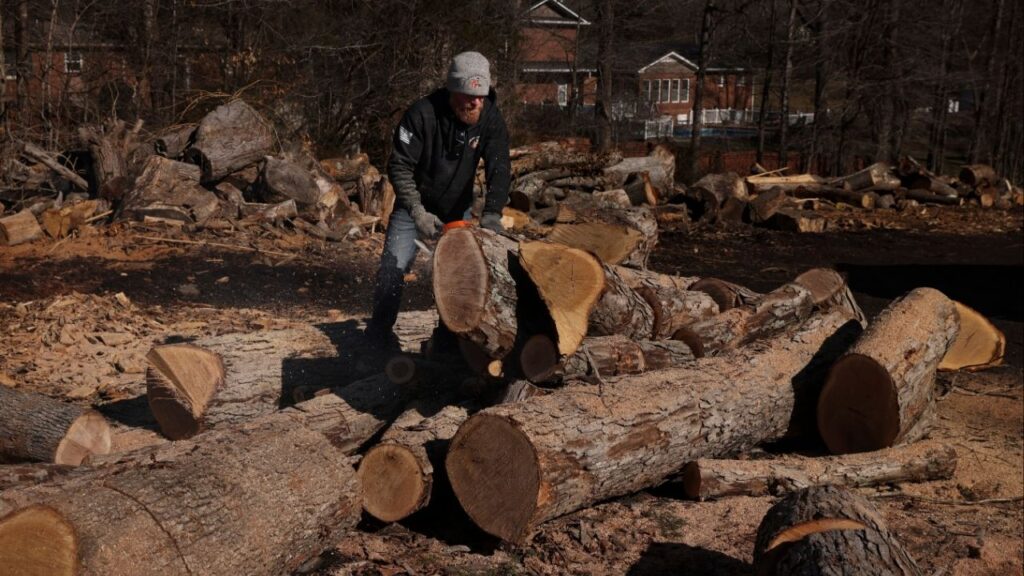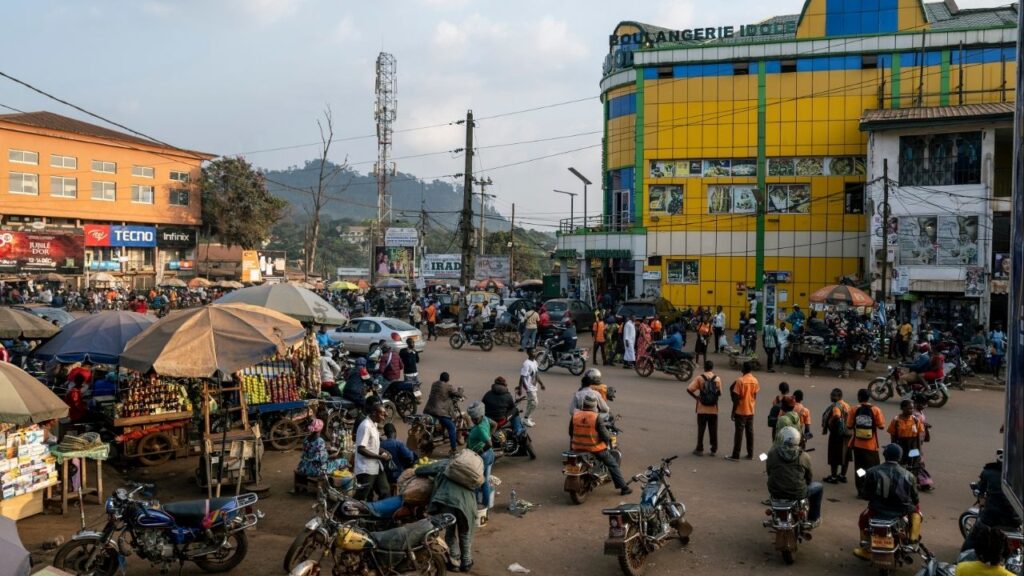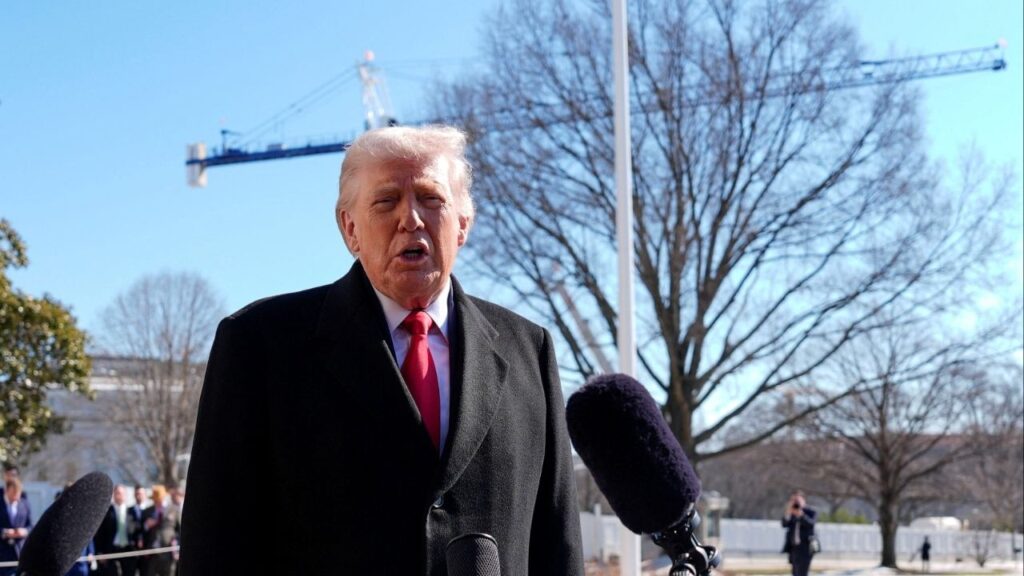Share
Industry experts say the unintended consequences of a labor law would lead to a dramatic increase in home prices, putting it out of reach for many. AB 199, authored by Assemblyman Kansen Chu (D-San Jose) is supposed extend wage protections (known as the prevailing wage rate) for public projects at the local levels.
But, based on the hundreds of those in the home building and construction industries who attended, they say it will cripple their industries and make the dream of home affordability a nightmare.
If AB 199 becomes law, it would be devastating says Dean Dixon of Davis Development, who attended the hearing. “It would knock several projects out. Projects are so close to not making budget now, many will come off the books. It is an easy 40% increase to charge to get the job done.”
It’s a matter of interpreting what constitutes a public works project. Even though both labor and builders, Democrats and Republicans, admitted the bill was flawed, no fixes were made to the language before passage out of the Assembly Labor and Employment committee.
For Cesar Diaz, legislative director of the State Building & Construction Trades Council, it is a matter of protecting workers and a fair wage. “Driving down workers’ wages on construction projects where there are public subsidies doesn’t help address the public housing crisis,” he said during testimony.
He was countered in testimony by Erin Guerrero, vice president of legislative affairs for the California Building Industry Association. “This bill will drive costs up even further during this (housing) emergency, resulting in no additional homes and making all homes even less affordable and further out of reach for a majority of Californians.”
The bone of contention is what constitutes a public works project. The industry presented scenarios where a city government holding builder funds for things like permits makes it a public works project, thus triggering the prevailing wage rate. Others say receiving a fee credit for installing a water line in a new neighborhood would also make the development a public works project.
It was a fact that many of the committee members brought up in the hearing, including Heath Flora (R-Ripon) and Eloise Gomez Reyes (D-San Bernardino).
Chu said it was not his intention to hurt the building industry, just protect workers. Committee chair Tony Thurmond (D-Richmond) told GV Wire that he would meet with both sides to try and work out a deal. Both groups accepted the invitation.
The final vote of 5-1 saw all five Democrats on the committee: Thurmond, Reyes, Ash Kalra (D-San Jose), Kevin McCarty (D-Sacramento) and Jimmy Gomez (D-Los Angeles) approve. Gomez voted after the roll call was taken. He did not attend the hearing, but both his office and the committee’s staff confirm he did register a vote, an apparent commonplace practice among legislators.
Of the two Republicans, Matthew Harper (R-Huntington Beach) voted no. Flora decided to not record an official vote.
The bill will next go the Assembly Appropriations committee.
Contact David Taub
Phone: 559-492-4037 / e-mail
This story was not subject to the approval of Granville Homes.



















